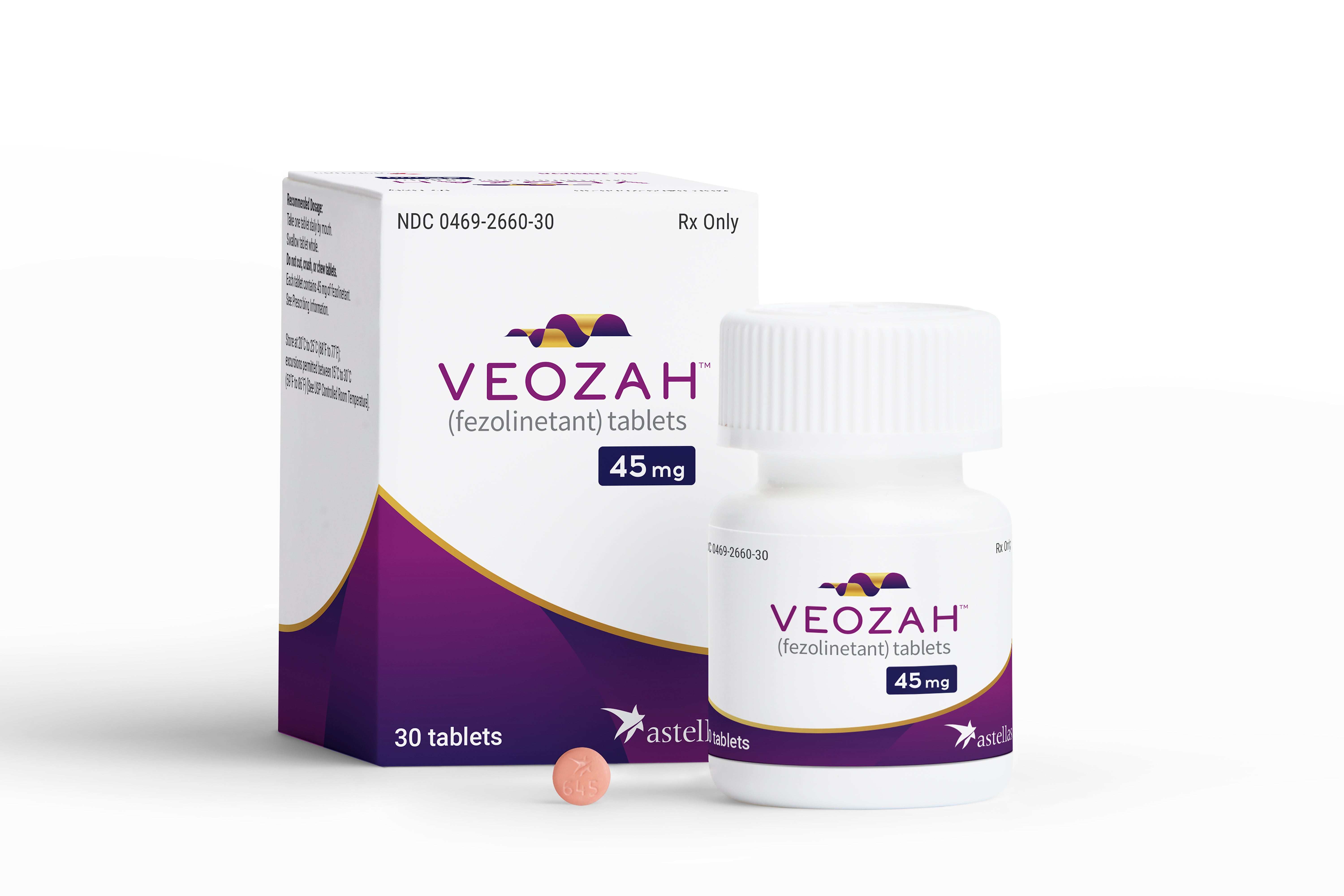New menopause drug for hot flashes gets FDA approval
The Food and Drug Administration has approved a new type of drug to treat hot flashes caused by menopause

Your support helps us to tell the story
From reproductive rights to climate change to Big Tech, The Independent is on the ground when the story is developing. Whether it's investigating the financials of Elon Musk's pro-Trump PAC or producing our latest documentary, 'The A Word', which shines a light on the American women fighting for reproductive rights, we know how important it is to parse out the facts from the messaging.
At such a critical moment in US history, we need reporters on the ground. Your donation allows us to keep sending journalists to speak to both sides of the story.
The Independent is trusted by Americans across the entire political spectrum. And unlike many other quality news outlets, we choose not to lock Americans out of our reporting and analysis with paywalls. We believe quality journalism should be available to everyone, paid for by those who can afford it.
Your support makes all the difference.U.S. health regulators on Friday approved a new type of drug for women dealing with uncomfortable hot flashes caused by menopause.
The Food and Drug Administration approved the once-a-day pill from Astellas Pharma to treat moderate-to-severe symptoms, which can include sweating, flushing and chills.
Astellas' drug, Veozah, uses a new approach, targeting brain connections that help control body temperature. The FDA said the medication will provide "an additional safe and effective treatment option for women,” in a statement.
More than 80% of women experience hot flashes during menopause, the FDA noted, as the body gradually produces lower levels of reproductive hormones between the ages of 45 and 55.
The most common treatment consists of hormonal pills aimed at boosting levels of estrogen and progestin. But the treatment isn't appropriate for some women, including those with a history of stroke, blood clots, heart attack and other health conditions. Large studies have found that the hormones can increase the chances of those problems reoccurring, although the risks vary based on a number of individual factors.
The new pill is not a hormone. It carries an FDA warning about potential liver damage. Women will need to be screened for liver damage or infection before getting a prescription, then get a blood test every three months for nine months to monitor for safety problems, according to the FDA label.
Astellas said the drug will cost $550 for a one-month supply. That's the price before insurance coverage and other discounts typically negotiated by insurers and pharmacy benefit managers.
___
The Associated Press Health and Science Department receives support from the Howard Hughes Medical Institute’s Science and Educational Media Group. The AP is solely responsible for all content.